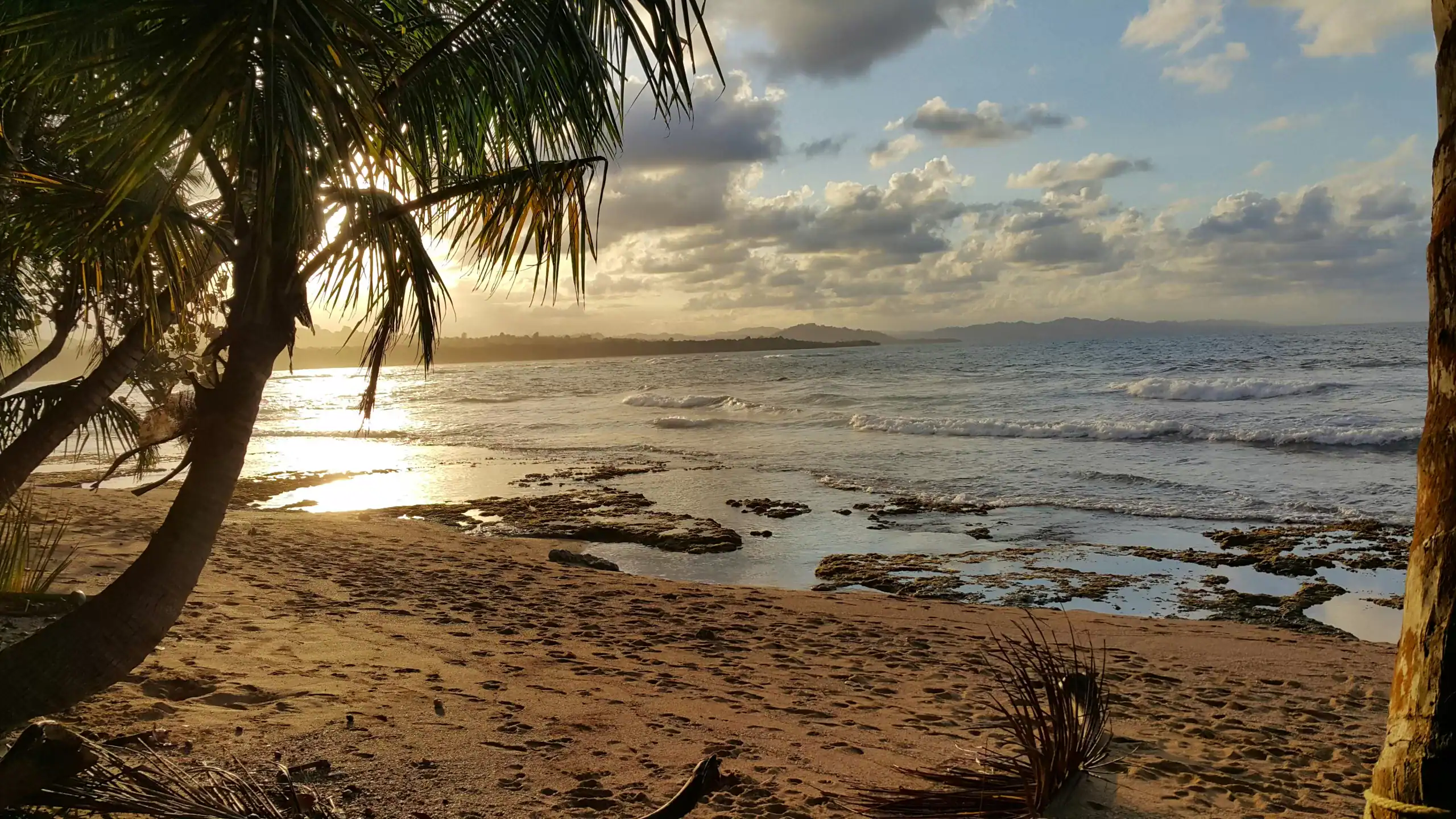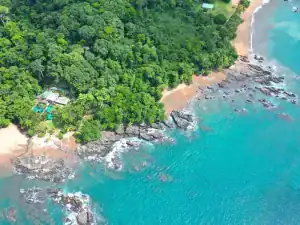If you’re dreaming of swapping the hustle and bustle for pura vida, long beach days, lush jungles, and an unbeatable lifestyle, you’re probably asking: How can I become a legal resident in Costa Rica? Whether you’re planning to buy property, live on a pension, or invest, Costa Rica offers several residency pathways to suit different lifestyles.
How much does it cost to become a resident of Costa Rica?
Costs vary depending on the residency type. For both Pensionado (retiree) and Rentista (stable income) options, application fees usually range from US$250 to US$400, with additional expenses for document translation, apostilles, and legal support. If you go the Investor (Inversionista) route, you’ll also need to make a minimum investment of US$150,000, plus similar associated fees. Legal and professional guidance is recommended but optional.
Can a US citizen live permanently in Costa Rica?
Absolutely. A US citizen can enter Costa Rica as a tourist for up to 90 days, and sometimes up to 180 days per year, but long-term legal living requires residency. Many expats seek formal residency to avoid repetitive visa runs and gain access to full benefits like healthcare, banking, and the ability to stay year-round without limitations.
Does buying property in Costa Rica give you residency?
Not automatically. Property ownership alone doesn’t grant residency. However, if you invest at least US$150,000 in Costa Rican real estate or other qualifying projects, you can apply for Investor Residency (Residencia Inversionista). This gives you temporary residency, renewable every two years, and the ability to include dependents. It doesn’t allow you to work as an employee, but you can manage your own investments or businesses. At Ballena Properties, we specialize in helping international buyers find investment-worthy properties that not only match their lifestyle goals, but also qualify for Costa Rican residency. From ocean-view lots to turnkey villas in Uvita, Ojochal, and Dominical, we guide you through the process, from selecting the right property to connecting with trusted legal experts who can assist with your residency application. Check out our Costa Rica properties for sale to get an impression of what is available right now.
How difficult is it to get residency in Costa Rica?
It’s very doable, but you’ll need patience and preparation. The process can take 6 to 12 months depending on the type of residency and how organized your documents are. You’ll need certified, apostilled, and Spanish-translated documents like your criminal background check, birth certificate, and proof of income. Having an experienced attorney or immigration consultant can make a world of difference, especially for navigating local bureaucracy.
What are the income requirements for Costa Rica residency?
Here’s a quick breakdown of the main residency categories:
Pensionado (Retiree)
- Requires proof of a lifetime pension of at least US$1,000 per month.
- Popular among retirees due to low financial barriers and full access to the public healthcare system.
Rentista (Fixed Income)
- Requires proof of US$2,500/month in unearned income for at least two years, or a US$60,000 deposit in a Costa Rican bank.
- Ideal for early retirees or digital nomads without a pension.
Inversionista (Investor)
- Requires an investment of at least US$150,000 in real estate or business.
- Excellent for those purchasing property in Costa Rica who want legal status.
Digital Nomad Visa
- Requires US$3,000/month (individual) or US$5,000/month (family) in remote work income.
- Grants a renewable one-year visa, though it’s not the same as residency—but a great stepping stone.
What are the benefits of having residency in Costa Rica?
- No more visa runs. Live in Costa Rica full-time without having to exit every 90 days.
- Access to the Caja, Costa Rica’s national healthcare system—affordable and widely available.
- Open local bank accounts, essential for paying bills and managing finances locally.
- Driver’s license eligibility for legal driving and car ownership.
- Import tax exemptions on household goods and even vehicles (especially under Pensionado status).
- Include family members under your residency application—spouses and children can live with you legally.
- Pathway to permanent residency and eventually citizenship, after several years of legal residence.
- And of course, enjoy the peace, safety, biodiversity, and community life that make Costa Rica a favorite destination for expats worldwide.
Summary
Residency in Costa Rica opens the door to a more stable, enjoyable, and long-term experience in paradise. Whether you’re buying a home, retiring, or working remotely, there’s a visa option that fits your goals. At Ballena Properties, we’ve helped countless clients not only find their perfect home but also understand the residency process from day one. Our bilingual team works with trusted legal professionals to make your transition to Costa Rica smooth and stress-free.
Thinking about making the move? Let’s talk about your residency options and how we can help you plant roots in Costa Rica, whether it’s in Uvita, Dominical, Ojochal, Golfito, or Puerto Jiménez. We’re here to help you live the pura vida life with confidence.
Recommended Reads
- Buying a home in Costa Rica: A complete guide for expats
- Buying a Costa Rica Beach House: What You Should Know
- 5 Mistakes Foreign Buyers Make When Buying Costa Rica Real Estate
- How to Generate Rental Income from Your Costa Rica Vacation Home
- Beachfront or Jungle Home in Costa Rica: Which is the Best Investment?
- 5 Reasons to Invest in Real Estate in Costa Rica’s Southern Zone
- Costa Rica vs California Real Estate
- Is it Cheaper to Live in Costa Rica or the USA?



